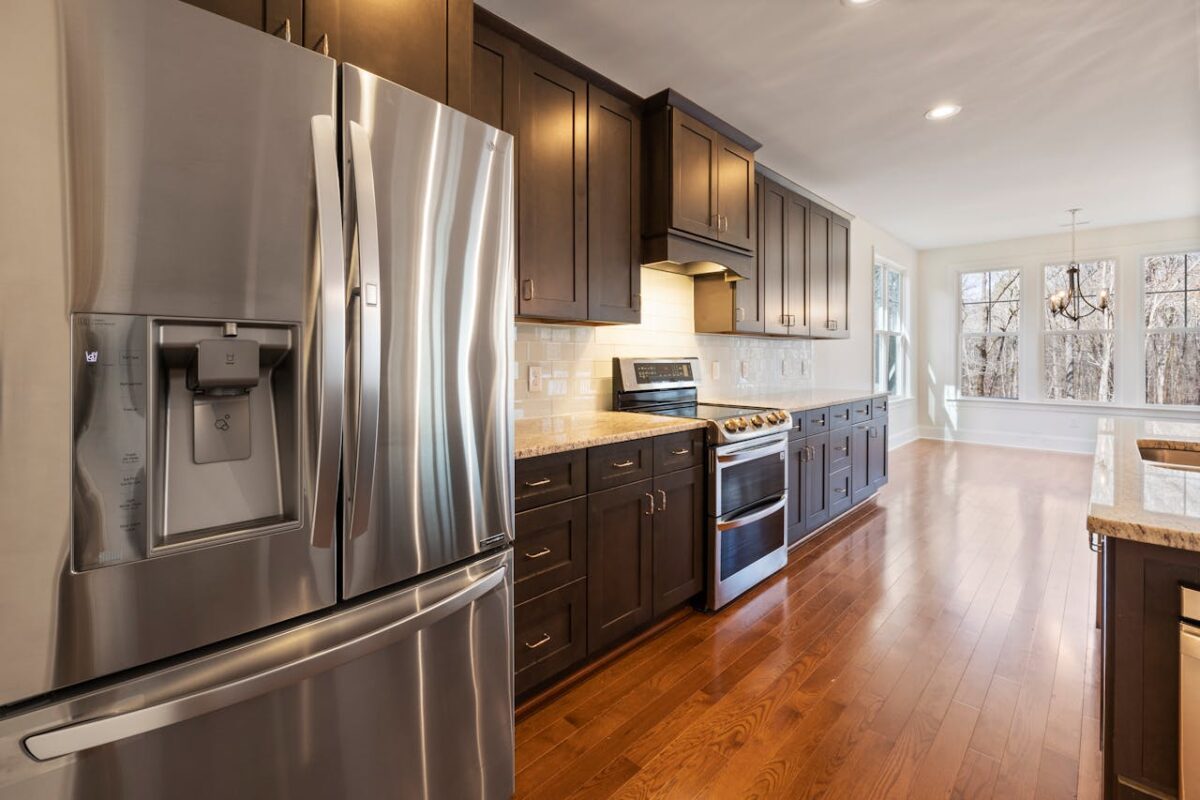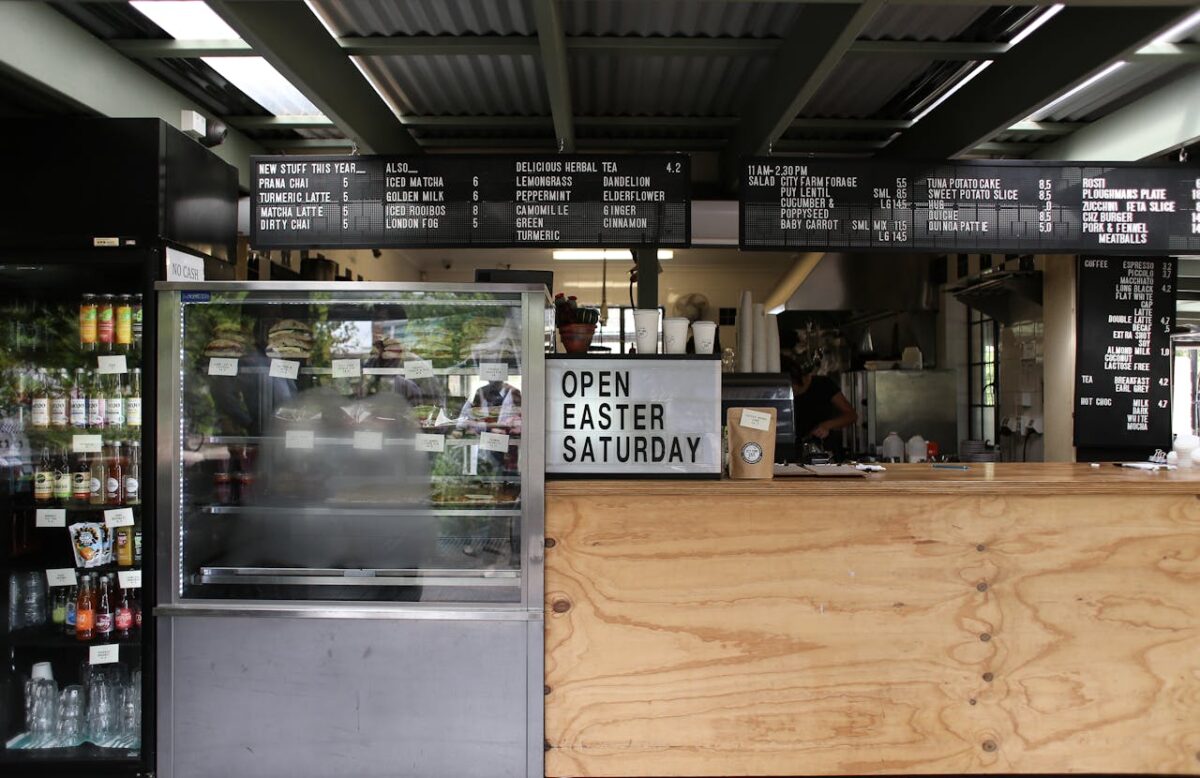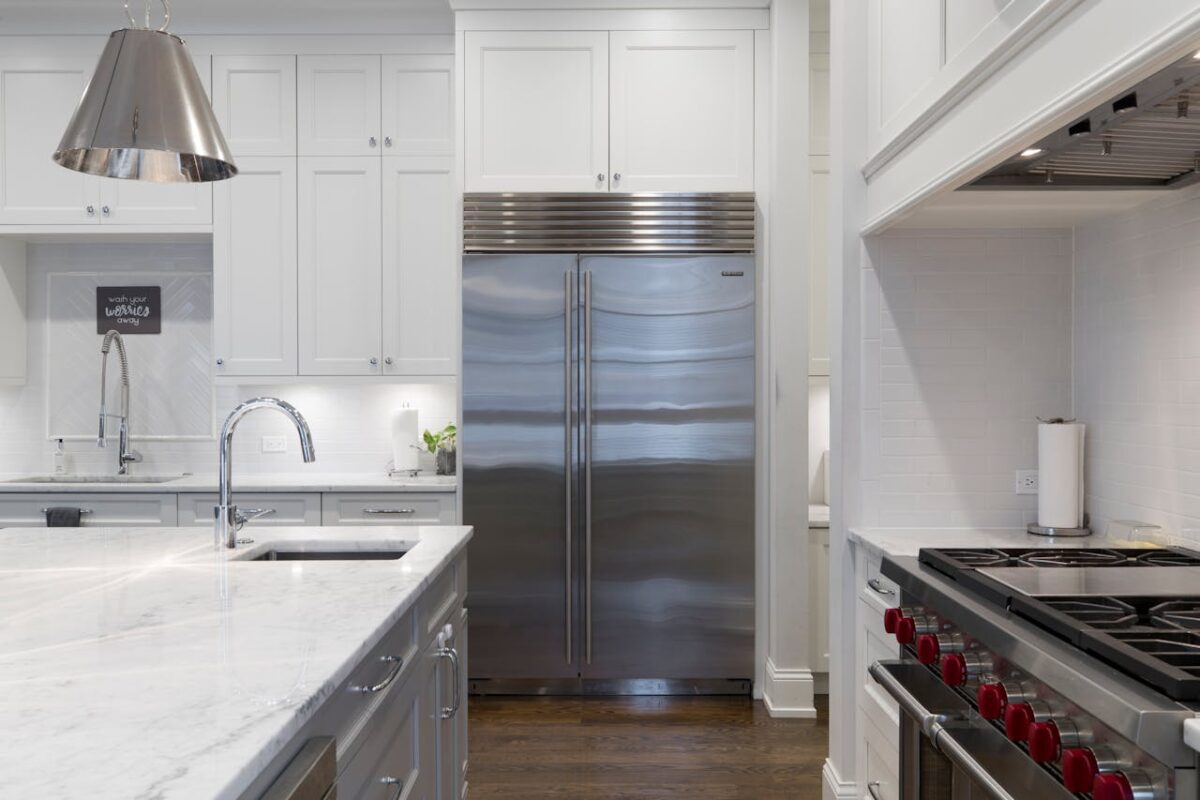How Does A Fridge Freezer Combo Work?
fridgecycle
on
September 24, 2025
A fridge freezer combo is one of the most common types of household appliances, combining two essential functions into one unit: keeping food chilled in the refrigerator section and frozen in the freezer section.
But how does it actually work? Let’s break it down.
The Basics Of A Fridge Freezer Combo
At its core, a fridge freezer uses a refrigeration cycle powered by a compressor, condenser, and evaporator. This system circulates refrigerant gas, which absorbs heat from inside the appliance and releases it outside, keeping the interior cold.
The freezer section is usually the “engine” of the unit, generating the cold air that is then shared with the fridge compartment through internal vents and fans.
Shared Cooling System
Most fridge freezers use a single compressor to cool both sections. The refrigerant passes through the freezer first, ensuring it reaches the lowest temperatures required for safe long-term food storage. Some of this chilled air is then diverted into the fridge compartment, where temperatures are kept slightly warmer for fresh food and drinks.
Higher-end or commercial-style models may have separate cooling systems for the fridge and freezer, offering better temperature control and reducing odours transferring between compartments.
Temperature Regulation
Modern fridge freezers come with thermostats and sensors that monitor the temperature in both compartments. When the temperature rises above the set level (for example, when the door is opened), the compressor switches on to bring it back down.
Many models also include:
- Frost-free technology – prevents ice build-up by circulating dry air.
- Digital temperature controls – allowing precise settings for each compartment.
- Fast freeze functions – rapidly lowers freezer temperature to lock in freshness.
Energy Efficiency
Because fridge freezers run continuously, manufacturers design them to be as energy efficient as possible. Features like improved insulation, inverter compressors, and LED lighting help reduce electricity usage while maintaining safe storage temperatures.
Why Businesses And Households Choose Fridge Freezer Combos
Fridge freezer combos are popular because they offer:
- Space-saving convenience (two appliances in one).
- Reliable storage for both fresh and frozen foods.
- Cost efficiency compared to buying separate units.
For businesses, larger commercial fridge freezers provide the same principle but on a much bigger scale, ensuring stock is kept safe and compliant with food hygiene regulations.
End Of Life: Recycling Fridge Freezer Combos
Like all refrigeration appliances, fridge freezer combos contain refrigerant gases and electrical components that must be disposed of safely. They are classed as WEEE (Waste Electrical and Electronic Equipment) and cannot be put into general waste or skips.
At FridgeCycle, we specialise in the collection, disposal, and recycling of fridge freezers for businesses across the UK. We ensure all units are depolluted and recycled responsibly, helping you stay compliant and reduce environmental impact.



